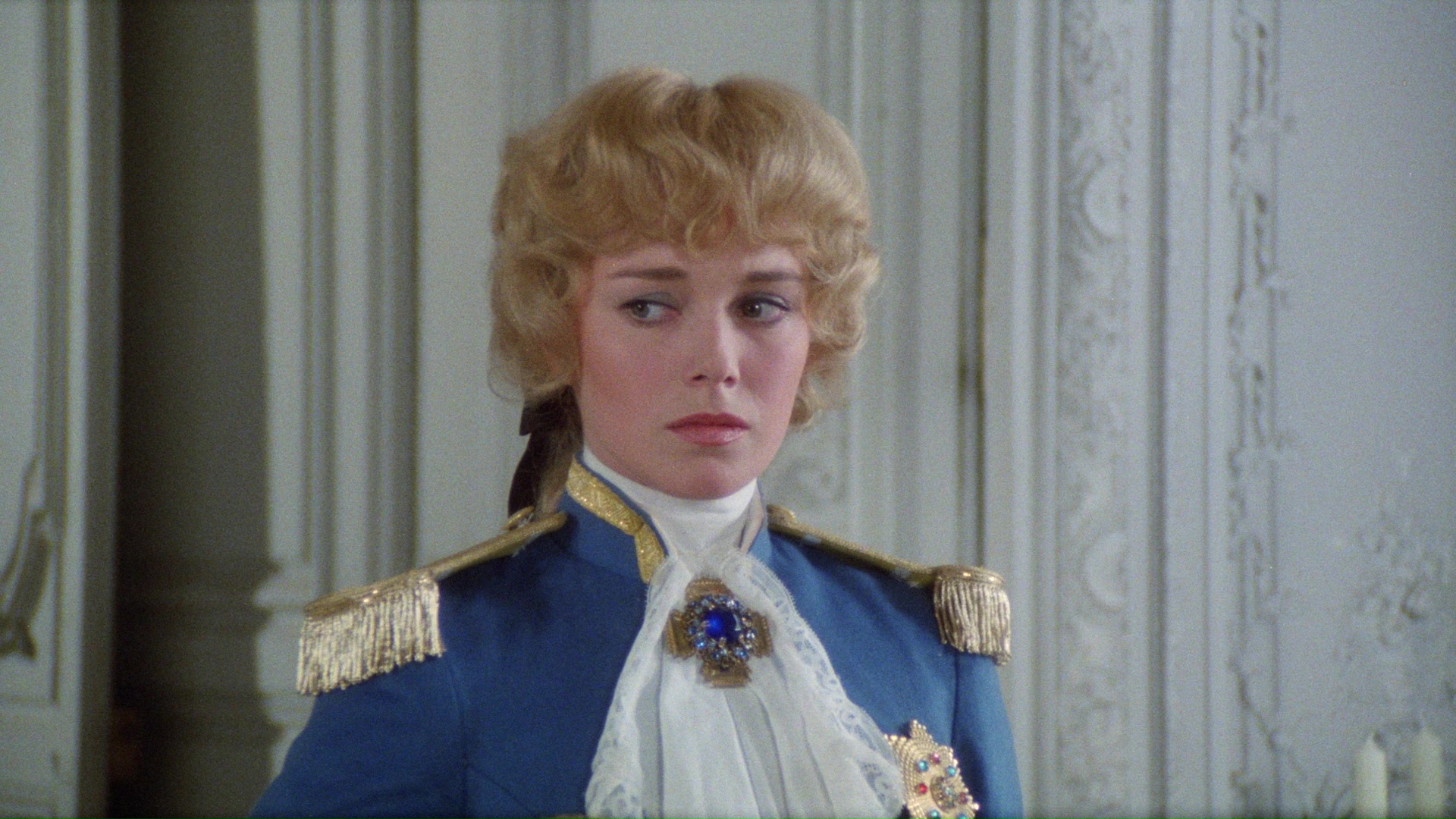Riyoko Ikeda’s innovative and beautiful The Rose of Versailles was published between 1972-1973 and follows the stories of Lady Oscar François de Jarjayes, a woman who is a commander of the Royal Guard, and Marie Antoinette, the queen of France, in the years leading up to the French Revolution. Ikeda was apparently inspired by her political involvement in the 1960s which lead her to want to create a story about revolutions.
The Rose of Versailles is as much about the real Marie Antoinette as it is about the fictional Oscar. Ikeda lets Marie Antoinette be flighty and spoiled but also lets her inherent girlishness shine through. Oscar is a woman raised as a boy (but the story never lets you forget she’s actually a woman, almost to an unnecessary degree) so her father would have someone to carry on his legacy. Oscar is strong-willed but sensitive and thoughtful and Ikeda plays up the contrast between the two characters well.

They’re not exactly friends, although Oscar sometimes serves as an advisor for Marie Antoinette, but their two stories intersect enough. Ikeda also includes all of the notable events of Marie Antoinette’s reign leading up to the French Revolution, as well as showing the political unrest and class differences happening in the streets. It’s quite a bit, but Ikeda keeps the story moving quickly and her art is dynamic and gorgeous. The women are beautiful and the men are beautiful and her sense of moment and design is impeccable. Of course, this being about the French Revolution, you know how things are going to end up, but it’s a surprisingly fun journey getting there.
I always really want to love Lady Oscar (1979, directed by Jacques Demy) but it is one of my biggest cinematic disappointments. Demy directing an adaptation of a beloved shoujo manga set in pre-Revolution France is something that feels like something that should be so perfect — it combines all the things he’s good at as a director! Somehow, though, even with all the color and spectacle and class issues, what ended up on screen was surprisingly boring.
The Rose of Versailles takes place over about 20 years and Lady Oscar does try to jam in all the major plot points in just over two hours. Consequently, the characters don’t really ever have a chance to develop. While it mostly focuses on Oscar (Catriona MacColl) and her relationship with André (Barry Stokes), it also has to devote time to Marie Antoinette (Christine Böhm). Title screens announcing the year and narration do a lot to keep viewers on track but it also indicates this movie is all over the place. It feels both overstuffed and underwhelming.
MacColl does what she can as Oscar, which generally involves brooding and reacting, but she never quite looks the part. Oscar in the manga is often mistaken for a (very pretty) man and that feels reasonable. Here, I don’t think anyone would think MacColl was anything but a woman, even if she’s wearing men’s clothes. Böhm plays Marie Antoinette a bit too broadly. Stokes is fine because he mostly just has to show up on screen. The rest of the acting is pretty hit or miss — some people think they’re in a serious drama, and some people think they’re in a campy melodrama.
It looks decent enough, though. The costumes feel just heightened enough from reality — Oscar’s costumes are especially great — and it’s at least colorful. So at least, for the most part, it was OK to watch for those things, but it lacks the lushness of the manga.
Lady Oscar is one of those cases where I think everyone set out to make a great movie and it just didn’t come together. It’s not worthy of Demy nor is it worthy of Ikeda. I’ve watched it a few times now with the hopes I’ll discover something new in it but it hasn’t happened. I don’t think it’s going to.
The Rose of Versailles was adapted as an anime series in 1979-1980 and ran for 40 episodes. I don’t have time to watch all of those but I’m going to watch a few and I’ll write about them on Patreon.

